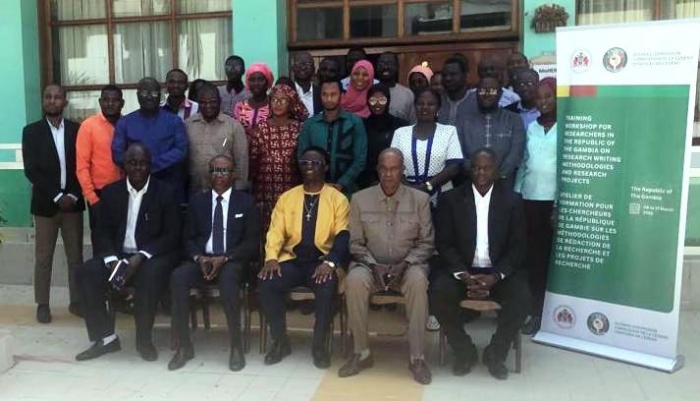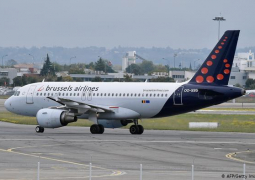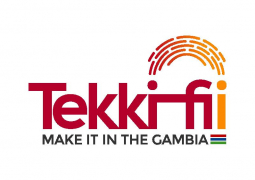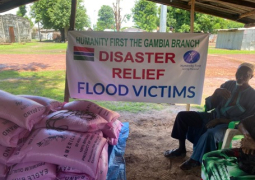
The training, which brought together 30 participants, is currently underway at Paradise Suites Hotel.
The training seeks to create a critical mass of researchers (TOT) in the public sector who would later embark on step-down training for a more comprehensive stakeholder.
At the forum, participants would be presented with ECOWAS Research and Innovation Support Program (PARI) which allocates grants to researchers on a competitive basis on calls for applications from research projects dedicated to the fight against poverty.
The first week, will be devoted to the methodology of writing projects for research, while the second week will be looking at management of research projects, learning and mastering the Microsoft Project planning tool.
Addressing the gathering, Pierre Gomez, Minister of Higher Education, Research, Science, and Technology (MOHERST), said his ministry is implementing various projects structured within the country's development blueprints namely, food security and nutrition, climate resilience, research, science, technology and innovation, digital economy, gender, youth and inclusive development.
He reminded of the effort of the Ministry to bring about structural transformation as knowledge-driven and capital-intensive.
"Therefore, setting up a pool of researchers and challenging them to learn new ways of sourcing funds for the sector is a precondition for their survival and development, preserving their sovereignty as a nation, continent, and people."
“Africa must accelerate Higher Education, Vocational and Technical training in building future skills,” he highlighted.
He added that greater emphasis should be placed on digitalisation, mathematics, material sciences, biotechnology, engineering, artificial intelligence, robotics and quantum computing.
These areas, he observed, dominate the industrial world, and as a nation, 'we should not be left behind.'
"We need to use research to educate our people on the unavoidable industrial revolution coming on our way, adding that our continent needs to be strong in Research and Development."
Minister Gomez reminded that Africans should start trusting themselves and be ready to make “practical mistakes”.
He thanked ECOWAS for answering their clarion to help build The Gambia capacities on the new rules of drafting research projects for the acquisition of external funding.
Dr. Roland Kounkou, head of division Science and Technology at ECOWAS Commission, in deputising for Commissioner for Human Development and Social Affairs for ECOWAS Commission Prof. Fatou Sow-Sarr, said ECOWAS had always considered science and technological innovation as essential areas for initiating the socio-economic and cultural development and competitiveness of its member states.
Dr. Kounkou reminded that the major challenge related to the development and application of science, technology and innovation in states remains funding.
"Public funding is very limited and there is very low investment in research and development. Therefore, emerging countries are at more than 1% of their GDP, the threshold recommended by the African Union."





